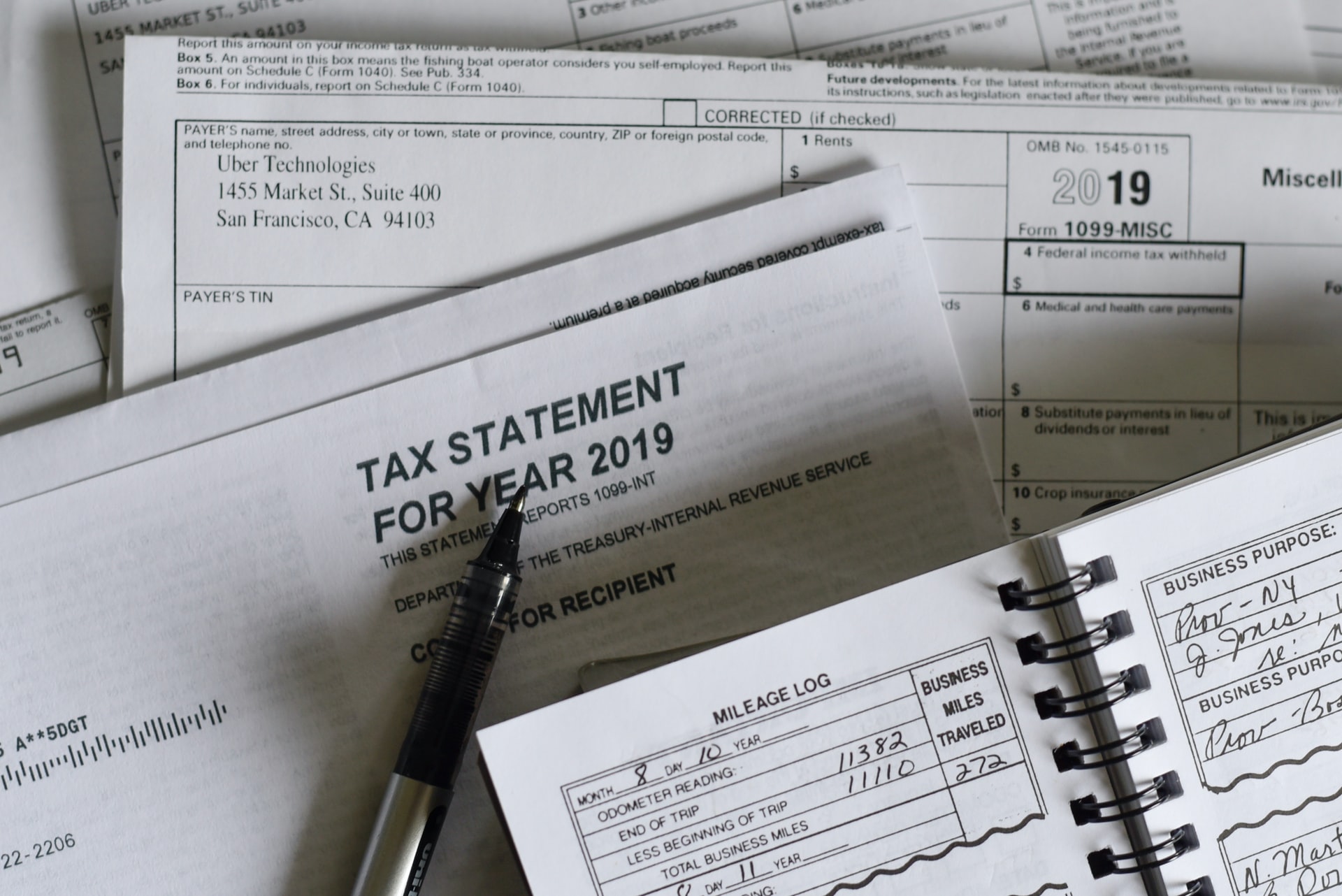You filed your federal tax return expecting a refund. Instead, you received a Tax Topic 151 Letter from the Internal Revenue Service (IRS) and either a portion of your refund or nothing at all. Before you go into panic mode, here’s what that means and what to do next.
What Is Tax Topic 151?
Tax Topic 151 Letters communicate the IRS’s intent to withhold a portion or all of your tax refund to satisfy a debt owed to the government, like unpaid taxes, child support or federal student loans in default. The document you receive will also explain why they’re deducting a portion or withholding your entire refund.
You’ll generally receive two Tax Topic 151 Letters in the mail – one notifying you that your return is under further review by the IRS and the other requesting additional documentation to complete the processing of your return. The second letter will also include instructions on how to file an appeal.
Quick note: There is a chance that the IRS could drop the Tax Topic 151 classification. In that case, they will notify you in the second letter and send your entire refund.
What To Do About a Tax Topic 151 Letter
If the amount the IRS seizes is enough to cover the outstanding obligation, you’re not required to respond to the notice unless you’d like to file a dispute. But if money is still owed after your return is withheld, the IRS could pursue further collection action.
So, it would be best if you took action to resolve the debt you owe. You can pay the IRS directly or hire a tax professional to assist you with resolving your unpaid debts owed to the government.
Tax Topic 151 Appeal Options
You have a right to file an appeal with the IRS or the courts if you disagree with the proposed changes.
File an Appeal With the IRS
If you file a written appeal with the IRS, be sure to include this information:
- Your name, address and phone number
- A copy of the Tax Topic 151 letter and related tax years
- A written statement expressing your intent to appeal the withholding
- The reason for your appeal and any relevant references to tax laws
Quick note: If your balance for the tax period in question is less than $25,000, you can file a small case instead of a written appeal by completing and submitting Form 12203 (Request for Appeals Review).
File Appeal With the Courts
You can also file an appeal with the U.S. District Court, Federal Claims Court or U.S. Tax Court.
- U.S. District Court or Federal Claims Court: You’ll need to pay the tax owed before filing an appeal.
- U.S. Tax Court: This court is reserved for taxpayer disputes regarding estate state, gift tax and federal income tax. You’ll have to wait until you receive a notice of deficiency to file an appeal.
This approach is generally more costly as you’ll have to hire an attorney or Enrolled Agent to represent you in the court of law. Furthermore, it could take an extended period for a decision to be made regarding your appeal.
Also, be mindful that a fine of up to $25,000 could be assessed if the judge deems your appeal filing frivolous.
IRS Topic 151 FAQs
Here are some frequently asked questions about IRS Tax Topic 151.
No. Instead, wait until you receive the second notice so you’ll know how to move forward.
You have 30 days to respond in writing to the IRS. However, this timeframe extends to 90 days if you decide to file an appeal with the District Court, Federal Claims Court or U.S. Tax Court.
It depends, but you can expect to receive a faster response if you file an appeal with the IRS. You can also hire a tax professional to help you decide if a written or court appeal is best and how to move forward with your response.







